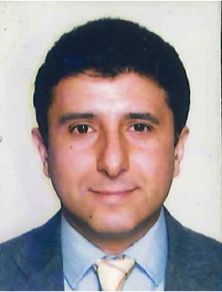
Inflammation is the response of an organism to tissue injury or infection. It is usually limited to the affected tissue, but sometimes the inflammatory mediators reach the bloodstream and act systemically. A compensatory anti-inflammatory response syndrome, in which expression of major histocompatibility complex class II (MHC-II) molecules are decreased, regulates the resulting systemic inflammatory response syndrome (SIRS). SIRS and compensatory anti-inflammatory response syndrome can lead to the development of sepsis. Triggering receptor expressed on myeloid cells (TREM)-1 has been proposed as a biomarker of the presence of sepsis. In this study, we investigated whether TREM-1 is increased only in septic patients, and not in patients with systemic inflammatory response but no infection. We also looked for a possible correlation between TREM-1 and MHC-II expression levels and the patients' progress. Fifty-eight surgical patients, 14 septic patients and 50 healthy volunteers, were included in this study. TREM-1 and MHC-II expression on blood monocytes was determined by flow cytometry. TREM-1 expression was increased in all patients after surgery, and its expression was higher in patients with preexisting SIRS. No association was found with the presence of infection. In septic patients, the increase in TREM-1 expression was transitory. MHC-II expression was decreased in both surgical and septic patients, and this decrease was greater in patients with a worse outcome. Increased TREM-1 expression on monocytes is associated with both infectious and noninfectious inflammatory processes, and the levels of MHC-II expression is better correlated with the patient outcome.










